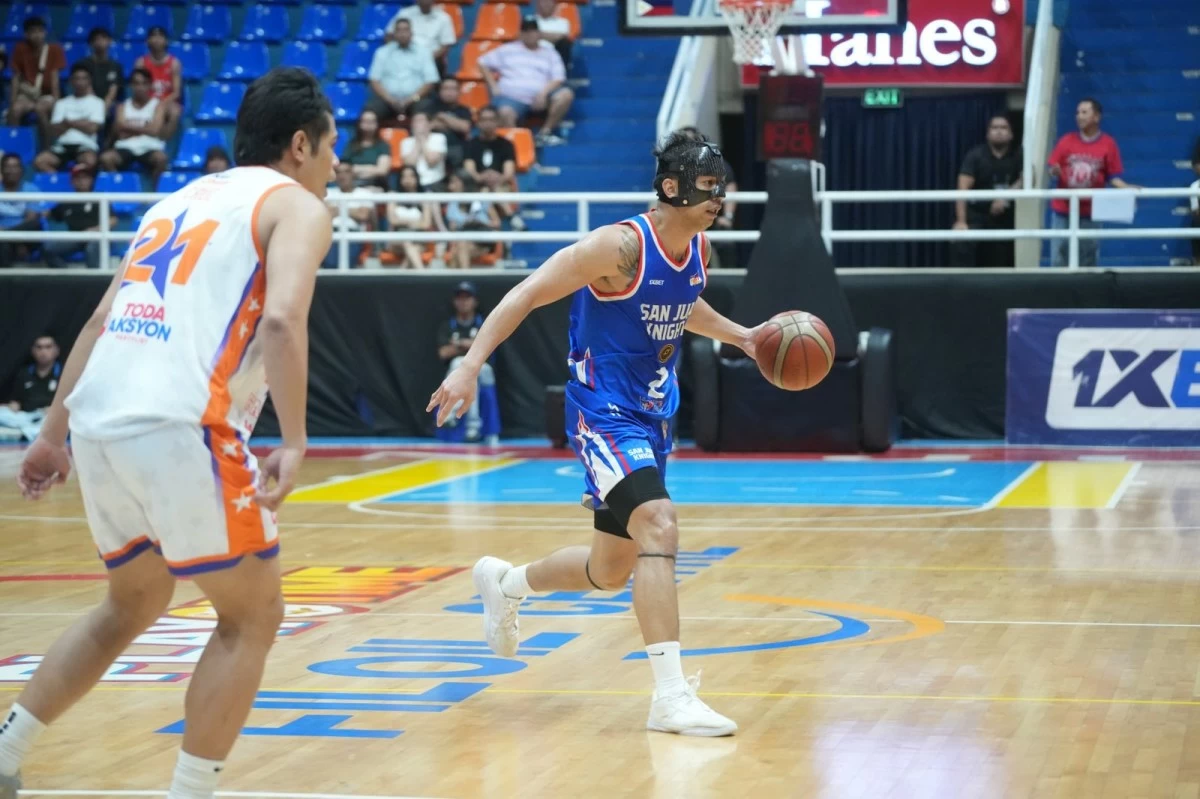
Upgrade to High-Speed Internet for only ₱1499/month!
Enjoy up to 100 Mbps fiber broadband, perfect for browsing, streaming, and gaming.
Visit Suniway.ph to learn
Bagong Henerasyon (BH) Party-list Rep. Robert Nazal has moved to outlaw the use of artificial intelligence (AI) in the creation of nude images and pornographic content for purposes of harassment, extortion, or humiliation.
Nazal, a neophyte lawmaker in the 20th Congress, filed House Bill (HB) No. 807, or the Take It Down Act of 2025.
The bill seeking to criminalize the creation and distribution of nonconsensual sexually explicit material, including deepfakes generated through AI and to establish an eponymous government-run “Take It Down” system for swift content removal.
“The rise of AI tools has made it easier to create realistic deepfake images and videos. Criminals now use these tools to place a victim’s face onto pornographic content or generate fake nude images or videos to harass, extort, or humiliate,” Nazal pointed out.
Nazal said the measure takes inspiration from the United States-based Take It Down system and the United Kingdom’s StopNCII initiative.
“The tools for abuse have become smarter. Our laws must be smarter, faster and stronger,” he emphasized.
The Philippine National Police (PNP) recorded an 18 percent rise in voyeurism cases in 2024, while the National Bureau of Investigation (NBI) reported a 240 percent increase in deepfake sextortion complaints.
A 2022 study by the United Nations Children’s Fund, the International Criminal Police Organization, and End Child Prostitution and Trafficking found that one in five Filipino children aged 12 to 17 had experienced online sexual exploitation or abuse.
BH Party-list spokesperson and former representative Bernadette Herrera called the measure a long-overdue safeguard for victims of online sexual abuse.
“This bill closes a dangerous legal gap that offenders have been exploiting with AI. It gives victims a clear path to justice, and more importantly, a way to reclaim their dignity in a system that has too often failed them,” Herrera said.
She said the Take It Down system will be life-changing for victims who are often retraumatized by the lack of immediate remedies.
“No victim should be forced to beg platforms for mercy while their stolen images are passed around online. This bill shifts the burden where it belongs—on the abusers and enablers,” Herrera said.
Inadequate laws
According to Nazal, current laws do not explicitly criminalize AI-generated sexual abuse and offer no clear process for fast content removal, particularly when the perpetrators are overseas or platforms fail to act.
To address these gaps, the bill criminalizes the creation, distribution and possession of nonconsensual sexually explicit material, including AI-manipulated content.
It grants extraterritorial jurisdiction, allowing Filipino victims to pursue cases even if offenders are abroad.
The measure mandates the Department of Information and Communications Technology (DICT) to set up a Take It Down Portal for filing verified takedown requests.
The DICT must process requests within 24 hours, and platforms are required to remove flagged content within 48 hours or face fines of up to P1 million per incident.
Violators face up to 12 years in prison, rising to 20 years if the victim is a minor. Victims may also sue for damages and all proceedings will be kept confidential to protect the victim’s identity.




